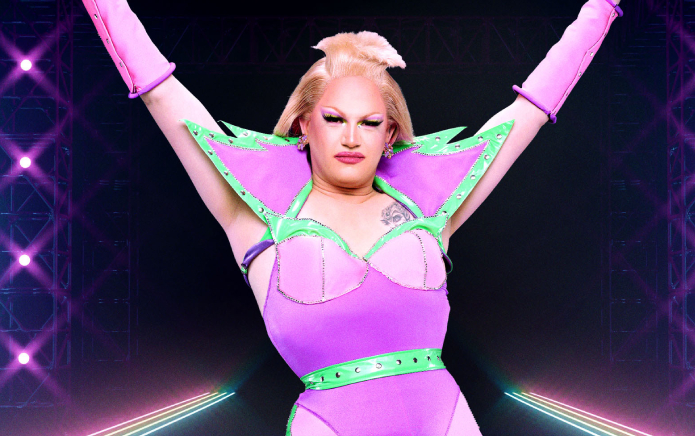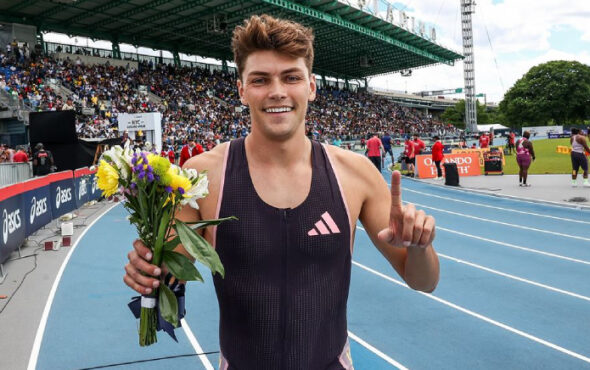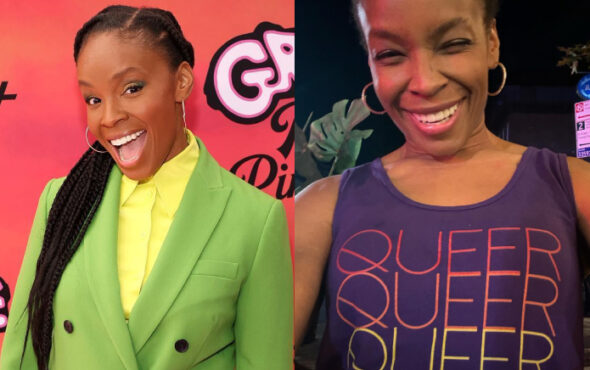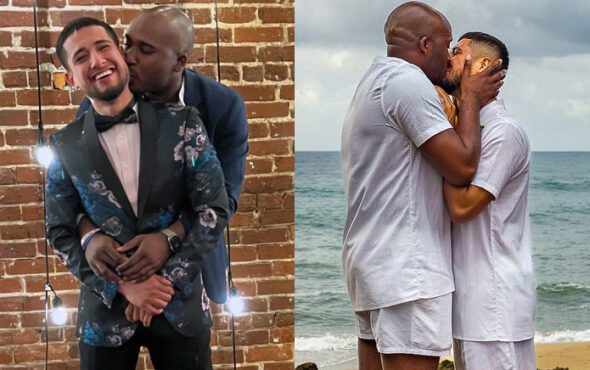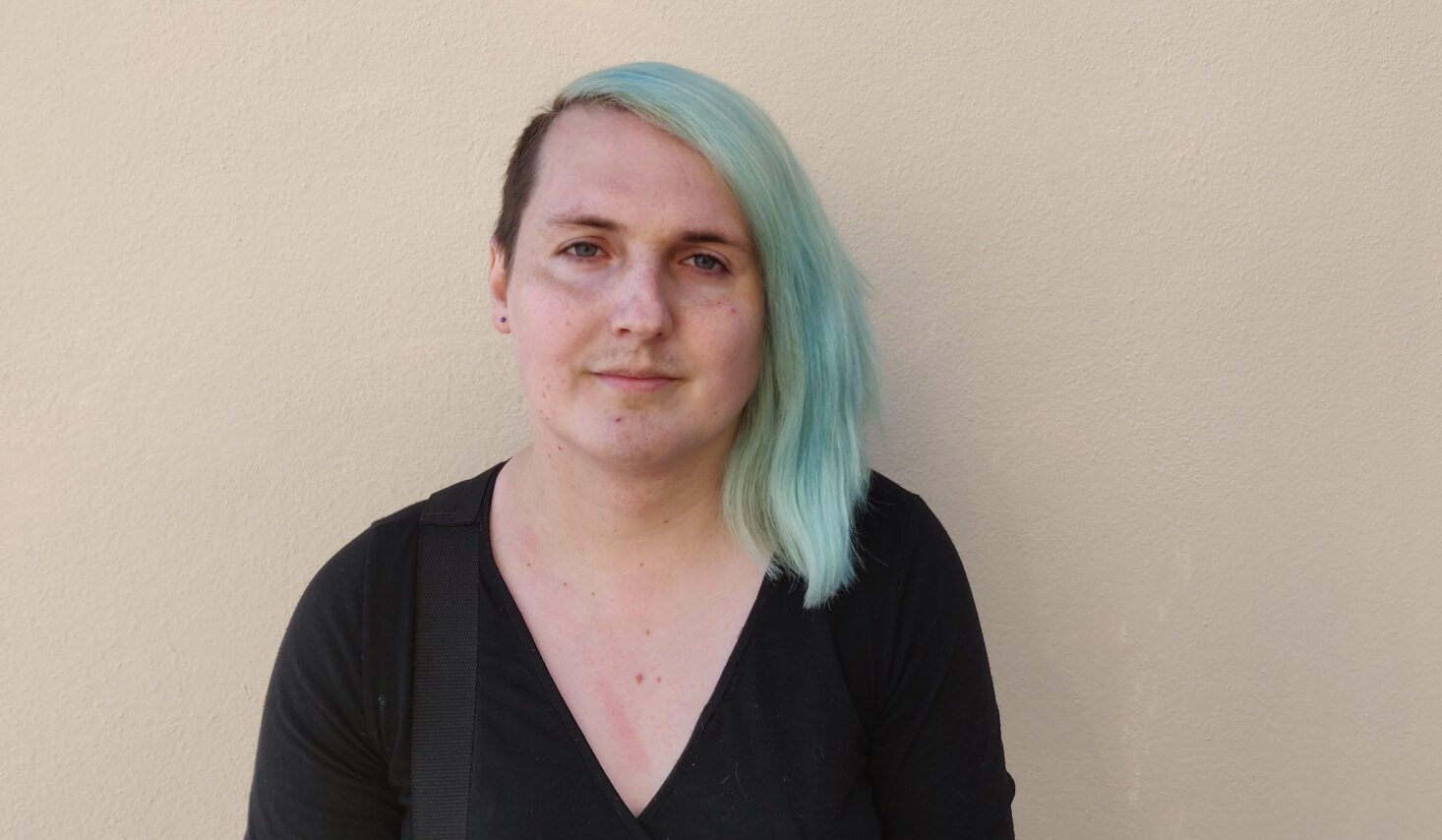
July is Disability Pride Month. Laura Kate Dale is an autistic and trans author, who has done much to challenge misconceptions about disability. She exudes queer joy. It was a delight catching up with her.
I began by asking Laura why Disability Pride Month is important to her?
Disability is still one of the inherent aspects of a person that often is assumed to be a negative – it is assumed that any person who is disabled would not take Pride in that element of their identity. You see it in the conversations that people have around disabled people. ‘Would you accept a cure for being yourself? Would you accept having children who are disabled?’ There is this real sense that to be a disabled person is to be lesser – that it is not a state of being that anyone would be happy with. It manifests in a sense of pity towards disabled people. It manifests in a lack of conversations around disabled people’s joy and specifically the joy that can come from elements of themselves that may be disabilities.
Can you expand on this further?
There are so many areas of life in which disabled people are still denied basic autonomy. For me, as an autistic person, I have experienced this in terms of barriers to healthcare. I am often assumed, as a person with a formal autism diagnosis, of being incapable of making decisions about my own sense of identity – about my own existence. As an autistic trans person I faced additional barriers to accessing transition related healthcare because I was assumed to have less of an ability to understand my own sense of self, because I am autistic. There are so many ways that disabled people are assumed to not be capable and assumed to not have happy, fulfilling and loving lives.
Can you tell us more about your own experiences as a gay autistic trans woman?
I wrote a book called Uncomfortable Labels about being a gay autistic trans woman. I wrote that book initially because I really struggled with a lack of support and resources for my specific intersection. It wasn’t until I started researching that I realised how common the overlap of being autistic, trans-LGBTQ+ is. It’s really disappointing that so few people talk about the specific needs and accommodations that sometimes crop up when you’re at that intersection. For example, I really struggle with make-up. I know there are things that I could do to be more immediately read as female societally, but I can’t stand the sensation of make-up against my face. Autistic trans people may have additional barriers to transition.
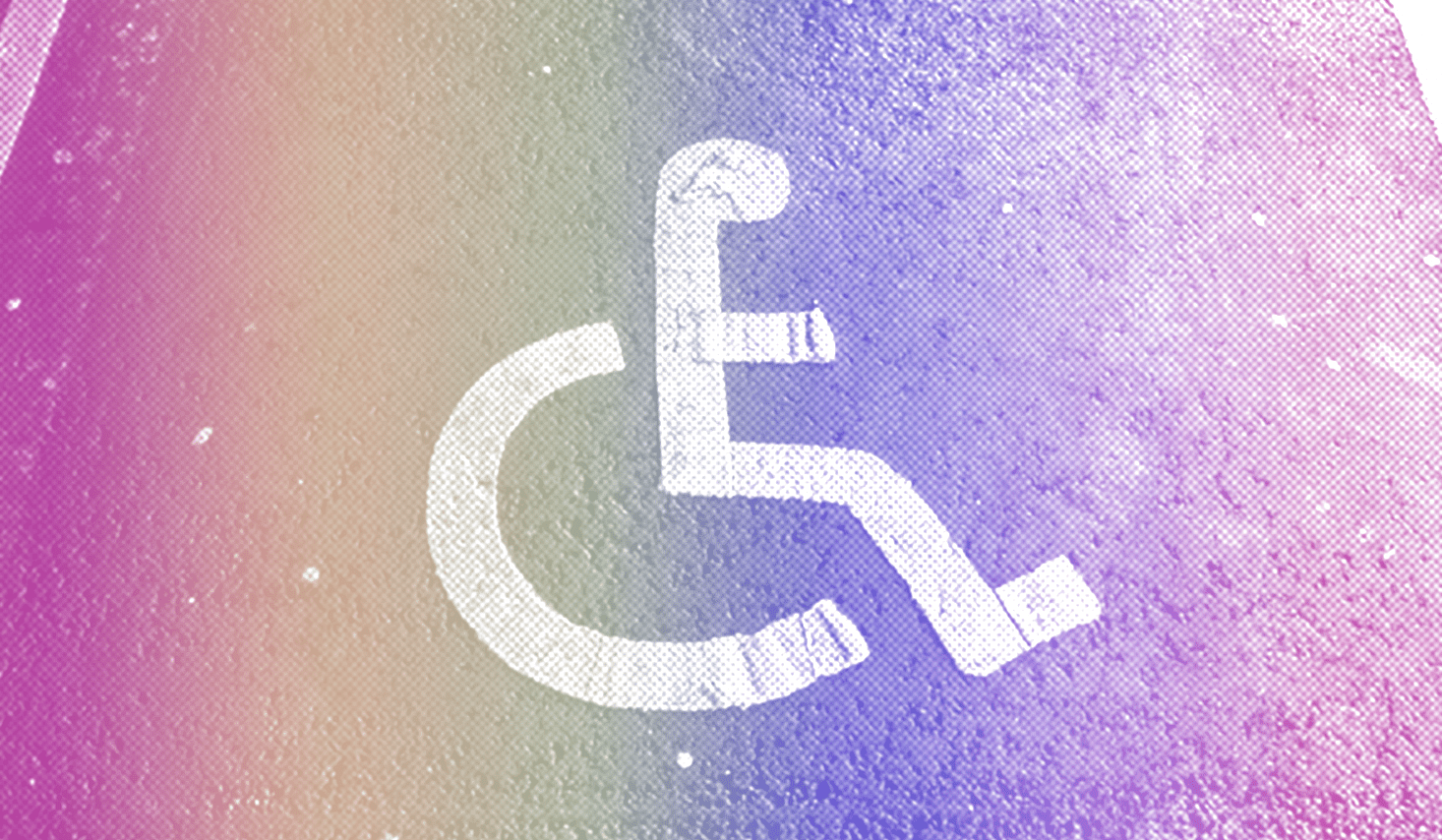
That’s really insightful. Can you tell me more?
A lot of anti-trans people will weaponise the fact that there is a statistical overlap between the autistic and trans communities, as a reason to deny the right to transition – that we should ban trans people from transitioning because lots of them are autistic and autistic people shouldn’t be trusted to make decisions about their own identity. There is an infantilisation and weaponisation of autistic existence to use as a bludgeon against trans people. I’m an autistic trans person and I understand who I am!
Are LGBTQ+ people more willing to speak about ableism?
It wildly varies across the LGBTQ+ community. When you’ve got areas of intersection you will see people more willing to talk about ableism – for example – when you look at the Black LGBTQ+ community or the trans community. There is a disappointing lack of discussion or consideration, usually, from cis white gay men. I think we are improving among young LGBTQ+ people, but in older segments of the community there is sometimes a mindset that we don’t have any room beyond our specific struggle.
Where can our readers find your books and learn more about your campaigning?
You can find Uncomfortable Labels anywhere that sells books. My most recent book Gender Euphoria is an anthology of trans, non-binary and intersex writers – real life positive and gender-affirming stories. I have a book releasing on 18th August called Me and My Dysphoria Monster, which is an illustrated children’s book dealing with gender dysphoria as a topic. I’ve also got a novel releasing early next year, called Who Hunts the Whale, a satirical novel about the exploitation that goes on in the video game industry.
Follow Laura Kate Dale on Twitter.
